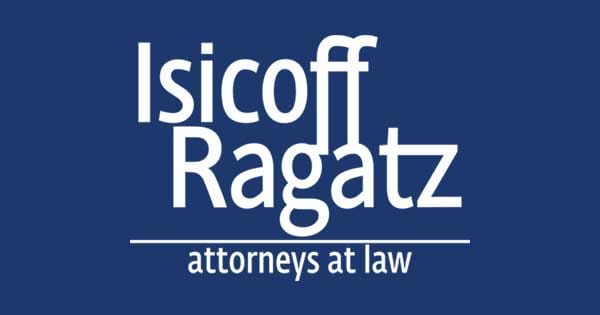There’s no doubt that sexual harassment and discrimination continue to pervade American workplaces. Yet, as an employer, you need to be prepared to protect yourself from false allegations. After all, such accusations can tarnish your business’s reputation and put you at risk of being subjected to a massive judgment that can rock your business’s financial stability. With that in mind, let’s look at some practices that you can implement to try to protect your workers from harassment and discrimination, as well as your business from false allegations.
- Have holistic, detailed policies: If you want to protect your business, then you’re going to have to be able to show that you took all proper precautions to protect employees from harassment and discrimination. One way to create that track record is to develop strong written policies. When it comes to policies aimed at addressing harassment and discrimination, they should be detailed and describe behavior that is deemed inappropriate and unacceptable in the workplace. The policies should also spell out the complaint procedure so that employees know how they can inform their employer if they believe that they’ve been subjected to discrimination or harassment.
- Implement consistent training: Having strong policies is a good start, but it’s not enough. You also have to make sure that your employees are well aware of the policies and can abide by them in practice. This is where additional training can come into play. The pertinent policies should be reviewed here, and it’s a good idea to make the training interactive with specific examples that require the employees to critically think through how the proper policies should be implemented. You should also track which employees complete the training and ensure that the training is offered routinely even for those who have already taken it.
- Be consistent with discipline: Once an employee brings a claim of discrimination or harassment to your attention, you have to be ready to take action. You should conduct a thorough investigation of all complaints and complete those investigations in a timely fashion. It’s critically important that you remain as objective as possible and neutral in these investigations, even if you have concerns about the complaining employee’s work performance and/or motivations. Also, when you engage in discipline, make sure that it’s consistent amongst all employees. You may find it beneficial to make discipline progressive, too, so that employees are on notice of the problematic behavior and are given an opportunity to correct it.
- Watch what you say: Remember, anything that you or your managers say can and likely will be used against you in a civil lawsuit if one is levied based on an employment law issue. Therefore, it’s a good idea to have a competent communications and HR team in place that can help you devise sound strategies to deal with allegations of wrongdoing in the workplace.
Take a comprehensive approach to protecting your business
To ensure that your business is as protected as possible, you need to be diligent and comprehensive. After all, there are a lot employment law issues out there that could crop up at any time and threaten the viability of your business. With that in mind, you may want to learn more about this area of the law and the preventative steps that you can take to protect your interests. If that’s the case, then now may be the time to reach out to a legal team that is well-versed in this area of the law.

